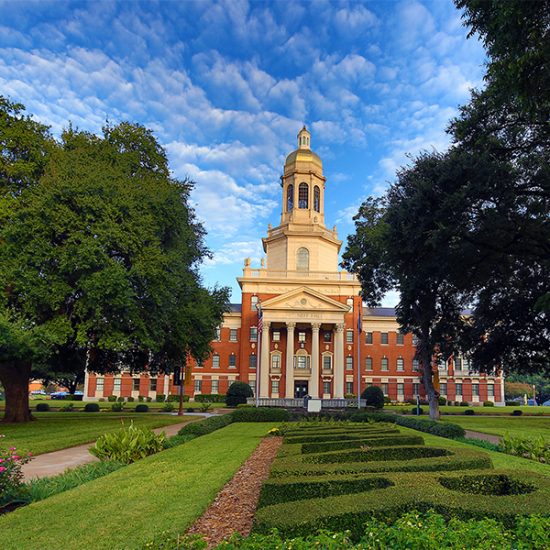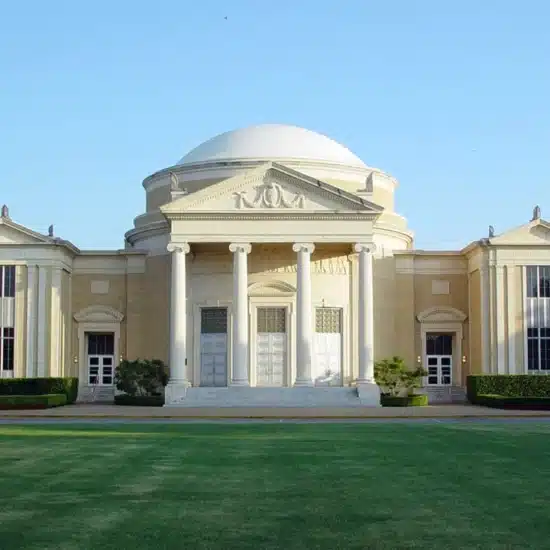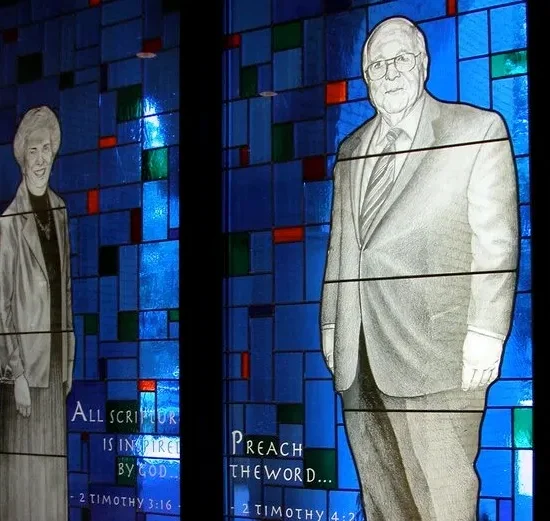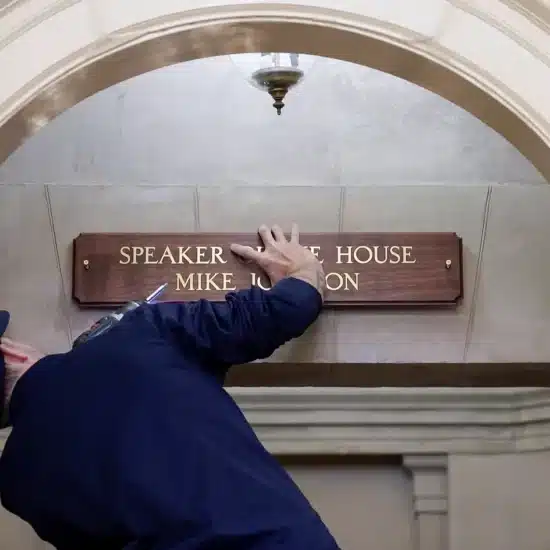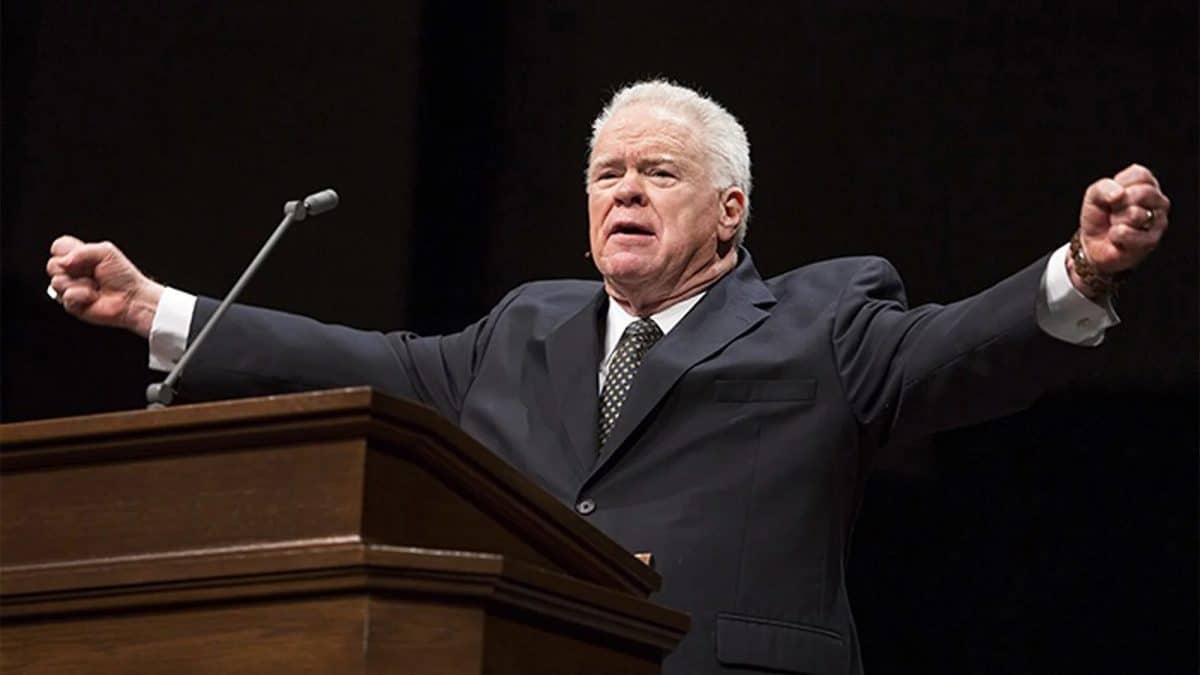
(RNS) — Two Baptist schools in Texas have sued a charitable foundation they say is trying to misuse millions of dollars in assets. Baylor University and Southwestern Baptist Theological Seminary filed suit Tuesday (Sept. 8) against the Texas-based Harold E. Riley Foundation and its board of trustees.
According to the lawsuit, the foundation was set up in 2002 by Riley, a wealthy businessman who died in 2017, for the benefit of the two schools. The schools were granted the freedom to name a majority of the foundation’s board and the foundation’s stated charitable purpose was to provide support for the schools.
In 2018, that changed, according to the suit.
The lawsuit alleges that the foundation’s board of trustees rewrote its bylaws — without notifying Baylor or Southwestern – and changed the charitable purpose of the foundation. As part of the changes, the two schools were also stripped of their ability to name board members.
“In short, Defendants have attempted to remove the Foundation’s only Beneficiaries from any governance roles while simultaneously restructuring the very nature of the Foundation,” according to the suit.
The changes were made without input from either school, according to the lawsuit. Baylor and Southwestern also claim the meetings where the changes were made were invalid.
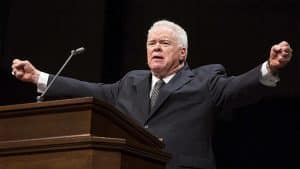
Paige Patterson preaches at the Southwestern Baptist Theological Seminary campus in Fort Worth, Texas. (SWBTS)
According to the suit, the changes to the foundation were made a few days after Paige Patterson, former president of Southwestern, was fired by the seminary’s board. Foundation President Mike C. Hughes, who served as vice president for advancement at Southwestern under Patterson, is named as a defendant in the suit.
Complicating matters, the foundation’s offices are located on the campus of Southwestern and its board members include people with close ties to Patterson. The seminary sees the changes at the foundation as part of a pattern to undermine support for the school after Patterson’s departure.
“This is but the latest in a two-year pattern of attempts to divert support away from the seminary to other causes. We have sought relief with heavy hearts but firm resolve to expose and stop ongoing efforts to cause harm to our students and generous ministry partners,” Colby T. Adams, vice president of strategic initiatives at Southwestern, told Religion News Service.
Neither Patterson nor Hughes immediately responded to a request for comment.
The suit alleges that the board sold off more than 700,000 shares in Citizens Inc., the company founded by Riley, but shared only a fraction of those proceeds with the schools. Before the changes in 2018, a spokesman for Baylor said, the school had received $1.125 million from the foundation. Since 2018, it has received $250,000.
Board members are also accused of attempting to appoint foundation board members and their friends to paid positions on the board of Citizens Inc., in violation of the foundation’s own rules, according to the suit.
According to a separate lawsuit filed in Colorado, the foundation has the right to appoint a majority of members to Citizens’s board of directors because it owns Class B stock in the company. Earlier this year, according to the suit, the foundation board attempted to name Patterson and Hughes to the Citizens board. The foundation board also attempted to name three others to the Citizens board, all with ties to Patterson: David August Boto, a former vice president of the Southern Baptist Convention’s executive committee; Charles Hott; and J. Clinton Pugh.
That Colorado lawsuit claims that other board members of Citizens, who include former Oklahoma Gov. Frank Keating, “sought to impede Plaintiff’s voting rights and made up procedural requirements to wrongfully delay the five New Class B Directors’ appointments.” Citizens Inc. did not immediately respond to a request for comment.
The two Texas schools say they want the foundation to return to its original purpose.
Adam W. Greenway, president of Southwestern Baptist Theological Seminary, said that Harold Riley and his family were longtime supporters of the school. He said the suit aims to ensure that the foundation serves Riley’s intentions as a donor.
“We have recently become aware of inappropriate manipulation related to board governance and apparent misapplication of funds by self-appointed rogue leadership of the foundation established in Mr. Riley’s name,” Greenway said in a statement. “We believe these individuals are attempting to undermine and overturn Mr. Riley’s expressed directives and are in violation of their fiduciary duties.”
Baylor President Linda A. Livingstone said Riley was a generous donor to the school and provided scholarships to students at Baylor’s Hankamer School of Business as well as support for Baylor’s library and athletic program. Riley also supported George Truett Theological Seminary at Baylor.
“It is frankly disheartening to have discovered that Mr. Riley’s legacy and the educational funding for future generations of Christian leaders appear to have been misused for purposes other than those identified by Mr. Riley,” Livingstone said in a statement.
Under the lawsuit, the two schools seek the removal of the foundation’s current trustees and a freezing of the foundation’s assets until the foundation’s original charitable purpose is restored.
“It is the strong desire of both Southwestern Seminary and Baylor University that this matter be resolved without the necessity of a trial,” Greenway said in a statement. “It is our further hope that we can settle this issue in the spirit of Christian charity by returning direction and control of the foundation to its beneficiaries and restoring the member status of both Southwestern and Baylor.”

